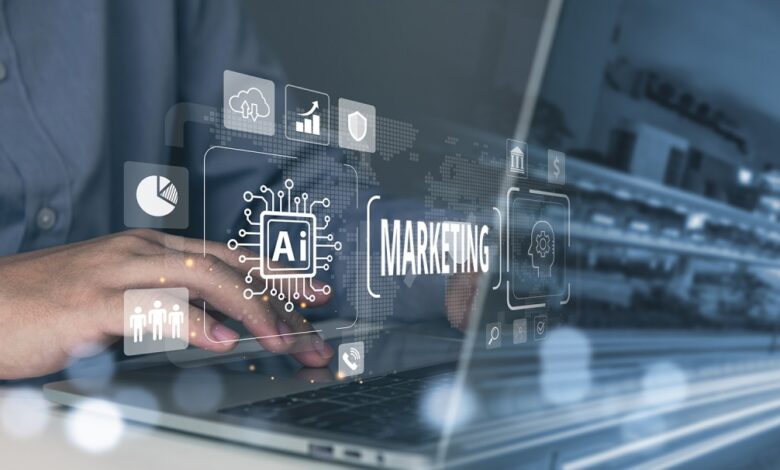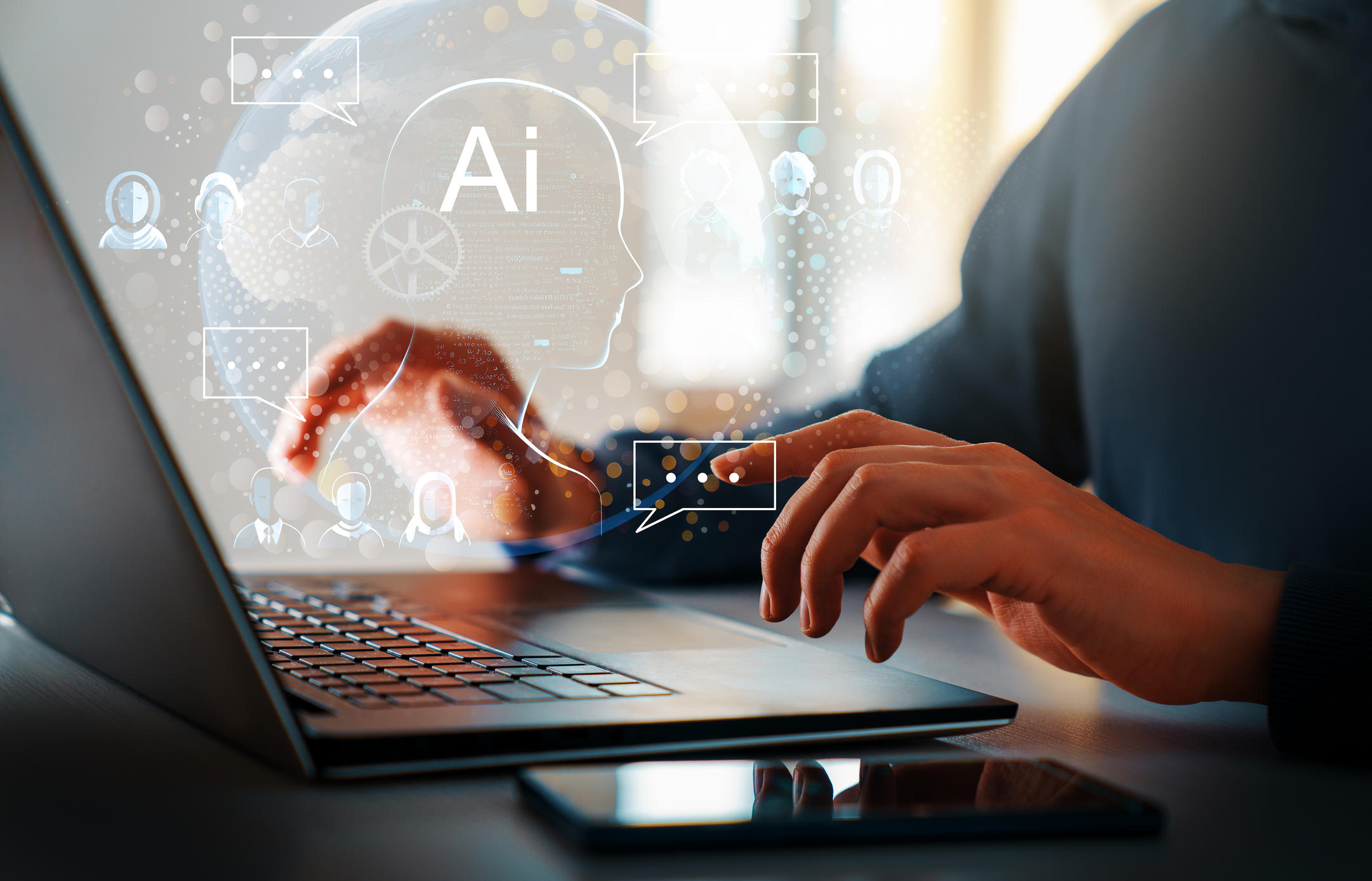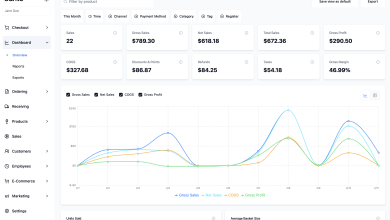
Artificial Intelligence (AI) is transforming industries across the globe, and the advertising sector is no exception. As we delve deeper into the digital age, understanding AI’s role in reshaping the ad industry becomes crucial. So, what does the future hold for AI in advertising, and how will it impact the way businesses reach their audiences?
What is AI?
AI, or Artificial Intelligence, refers to the simulation of human intelligence in machines that are programmed to think and learn like humans. There are two main types of AI: Narrow AI, which is designed for a specific task, and General AI, which possesses the ability to perform any intellectual task that a human can.
In advertising, AI technologies include machine learning, natural language processing, and computer vision, among others. These technologies enable the automation of tasks, the generation of insights from data, and the creation of highly personalized ad experiences.
The Evolution of AI in Advertising
AI’s journey in advertising began with simple algorithms used to track consumer behavior and preferences. Today, AI has evolved to analyze massive datasets, predict trends, and automate complex tasks. From chatbots to personalized recommendations, AI is now a cornerstone of modern advertising strategies.
AI-Driven Advertising Strategies
Personalized Advertising
AI enables advertisers to create personalized ads by analyzing user data and behavior. This means delivering the right message to the right person at the right time, enhancing the relevance and effectiveness of ads.
Predictive Analytics
By leveraging predictive analytics, AI can forecast future consumer behavior and trends. This allows advertisers to proactively adjust their strategies and stay ahead of the competition.
Programmatic Advertising
Programmatic advertising uses AI to automate the buying and selling of ad spaces in real-time. This ensures that ads reach the most relevant audience efficiently, maximizing ROI.
Benefits of AI in the Ad Industry
Enhanced Targeting and Personalization
AI’s ability to analyze vast amounts of data allows for more accurate targeting. Personalized ads resonate more with consumers, leading to higher engagement and conversion rates.
Improved Efficiency and Cost-Effectiveness
AI automates repetitive tasks, such as bidding for ad space and optimizing ad placements. This reduces operational costs and allows human resources to focus on strategic planning and creative development.
Data-Driven Decision Making
AI provides valuable insights from data, helping advertisers make informed decisions. This data-driven approach ensures that advertising strategies are based on real-time information and trends.
Challenges of AI in Advertising
Privacy Concerns
The use of AI in advertising raises privacy issues, as it involves the collection and analysis of personal data. Ensuring transparency and obtaining user consent are crucial to address these concerns.
Data Security Issues
With the increasing amount of data being handled by AI systems, ensuring data security is paramount. Advertisers must implement robust security measures to protect consumer data from breaches.
Ethical Considerations
AI in advertising also brings ethical dilemmas, such as the potential for bias in AI algorithms and the manipulation of consumer behavior. Advertisers must navigate these ethical challenges responsibly.
AI and Consumer Experience
How AI Improves User Experience
AI enhances user experience by delivering relevant and timely content. Personalized recommendations, interactive ads, and seamless shopping experiences are just a few ways AI improves consumer engagement.
AI-Driven Customer Service
AI-powered chatbots and virtual assistants provide instant support to consumers, improving satisfaction and reducing wait times. These AI tools can handle a variety of tasks, from answering queries to processing orders.
Case Studies of AI in Advertising
Successful AI Advertising Campaigns
Several brands have successfully integrated AI into their advertising strategies. For example, Netflix uses AI to recommend shows based on user preferences, significantly boosting viewer engagement.
Lessons Learned from AI Implementations
Brands that have embraced AI in their advertising have learned valuable lessons about its potential and limitations. These insights can guide future AI applications in the ad industry.
Future Trends in AI Advertising
AI and Augmented Reality
The integration of AI with augmented reality (AR) is set to revolutionize advertising. AR ads can create immersive experiences that capture consumer attention and drive engagement.
Voice-Activated Ads
As voice assistants become more prevalent, voice-activated ads are emerging as a new trend. These ads can interact with users through smart speakers, offering a hands-free and interactive experience.
AI in Content Creation
AI is also making strides in content creation. From generating ad copy to producing videos, AI tools are helping advertisers create high-quality content quickly and efficiently.
Impact on Ad Agencies
Changes in Agency Operations
AI is changing the way ad agencies operate, automating routine tasks and enabling more strategic focus. Agencies are becoming more data-driven and efficient, thanks to AI.
New Skill Sets Required
As AI becomes integral to advertising, new skill sets are required. Professionals with expertise in AI, data analysis, and digital marketing are in high demand.
Collaboration Between Humans and AI
The future of advertising lies in the collaboration between humans and AI. While AI handles data and automation, human creativity and intuition remain irreplaceable.
Regulatory and Ethical Considerations
Current Regulations Affecting AI in Advertising
Various regulations govern the use of AI in advertising, including data protection laws like GDPR. Advertisers must stay compliant with these regulations to avoid legal issues.
Future Regulatory Landscape
As AI continues to evolve, new regulations will likely emerge. Staying ahead of regulatory changes is essential for advertisers to ensure compliance and ethical practices.
Ethical Implications of AI in Ads
Advertisers must consider the ethical implications of using AI, such as avoiding bias and ensuring transparency. Ethical advertising builds consumer trust and long-term brand loyalty.
AI Tools Transforming the Ad Industry
Popular AI Tools and Platforms
Several AI tools and platforms are transforming advertising. Tools like Google Ads, Facebook’s AI algorithms, Adobe’s AI-powered marketing suite, and image generators are helping advertisers optimize their campaigns.
How These Tools Enhance Advertising
These AI tools enhance advertising by providing insights, automating tasks, and enabling personalization. They help advertisers create more effective and engaging campaigns.
AI and Small Businesses
Opportunities for Small Businesses Using AI
AI presents numerous opportunities for small businesses. Affordable AI tools allow small businesses to compete with larger companies by improving targeting, efficiency, and customer experience.
Success Stories of Small Businesses Leveraging AI
Many small businesses have successfully leveraged AI to boost their advertising efforts. For example, local retailers using AI-driven personalized email campaigns have seen significant increases in customer engagement and sales.
The Role of Human Creativity
Balancing AI with Human Creativity
While AI excels at data analysis and automation, human creativity is essential for developing compelling ad concepts. Balancing AI with human creativity ensures the best outcomes.
The Irreplaceable Human Touch in Advertising
Despite AI’s advancements, the human touch remains irreplaceable in advertising. Creative storytelling, emotional connection, and cultural relevance are aspects that AI cannot fully replicate.
Conclusion
AI is undeniably transforming the ad industry, offering unprecedented opportunities for personalization, efficiency, and data-driven decision-making. However, challenges such as privacy concerns, data security, and ethical considerations must be addressed. The future of advertising lies in the harmonious collaboration between AI and human creativity, ensuring innovative and effective campaigns that resonate with consumers.
FAQs
How does AI personalize ads? AI personalizes ads by analyzing user data, such as browsing history, preferences, and behavior, to deliver tailored content that resonates with individual users.
What are the risks of AI in advertising? The risks include privacy concerns, data security issues, and ethical dilemmas such as bias in AI algorithms and manipulation of consumer behavior.
How can small businesses benefit from AI in advertising? Small businesses can use affordable AI tools to improve targeting, efficiency, and customer experience, allowing them to compete with larger companies.
What is the future of AI in content creation? AI will increasingly assist in content creation, generating ad copy, videos, and other materials quickly and efficiently, while humans focus on creativity and strategy.
How do regulations affect AI in advertising? Regulations like GDPR govern data protection and privacy, requiring advertisers to comply with legal standards to avoid penalties and build consumer trust.










